I’m wrapping up the seventh month of my year-long Foundations venture. This month’s focus is sleep. I’ll share some private reflections within the subsequent put up. On this put up, I’ll share the books I learn and key takeaways on sleep.
For these , you can too learn my updates and e book lists from earlier months right here:
- Health: Begin, Finish, Books.
- Productiveness: Begin, Finish, Books.
- Cash: Begin, Finish, Books.
- Meals: Begin, Finish, Books.
- Studying: Begin, Finish and Books.
- Outreach: Begin, Finish, Books.
The three-Minute Abstract of What I Realized This Month
Sleep issues. Modest sleep loss impairs cognition, temper and immune system. Whole deprivation is deadly.
Regardless of that, we devalue sleep culturally. We valorize those that push by means of sleep deprivation—although many cognitive checks present that twenty-four hours with out relaxation impairs us as a lot as being legally drunk.
Sleep is way more than easy unconsciousness. Our mind is very lively once we sleep. Spindle occasions switch recollections from the hippocampus to the cortex. Glial cells shrink permitting cerebrospinal fluid to rinse the mind and take away waste merchandise. Goals happen all through sleep with essentially the most vivid and weird occurring throughout REM sleep towards the tip of the night time, though we keep in mind few of them as a result of circuits for reminiscence are actively suppressed.
Our have to sleep is pushed by two processes. The primary, Course of S, accumulates sleep strain all through the day. It’s most likely regulated by means of adenosine. The opposite, Course of C, cycles between day and night time. Course of C is signaled with melatonin and requires every day doses of brilliant mild through the day and darkness at night time to calibrate.
Ideally, these two processes synchronize to make you sleepy at night time and awake through the day. However caffeine (which quickly blocks adenosine receptors) and indoor lighting can mess with these fundamental rhythms, making it tougher to fall sleep.
Insomnia shouldn’t be sleep deprivation. In case you are sleepy sufficient, you’ll sleep. Essentially the most profitable remedy for insomnia is definitely to restrict how a lot time you spend in mattress—forcing you to build up sufficient sleep drive to make it potential to go to sleep rapidly. Worrying about sleep is likely one of the finest methods to make sure you battle to sleep properly.
Scientifically, we nonetheless don’t know why we sleep, although there are a lot of potential theories. The shortage of consensus could also be as a result of sleep really performs many various physiological features which have all co-located to our interval of every day dormancy.
Notes on the Books I Learn About Sleep
Facet be aware: I didn’t embrace Matthew Walker’s well-liked e book, Why We Sleep. See this footnote for an evidence.1
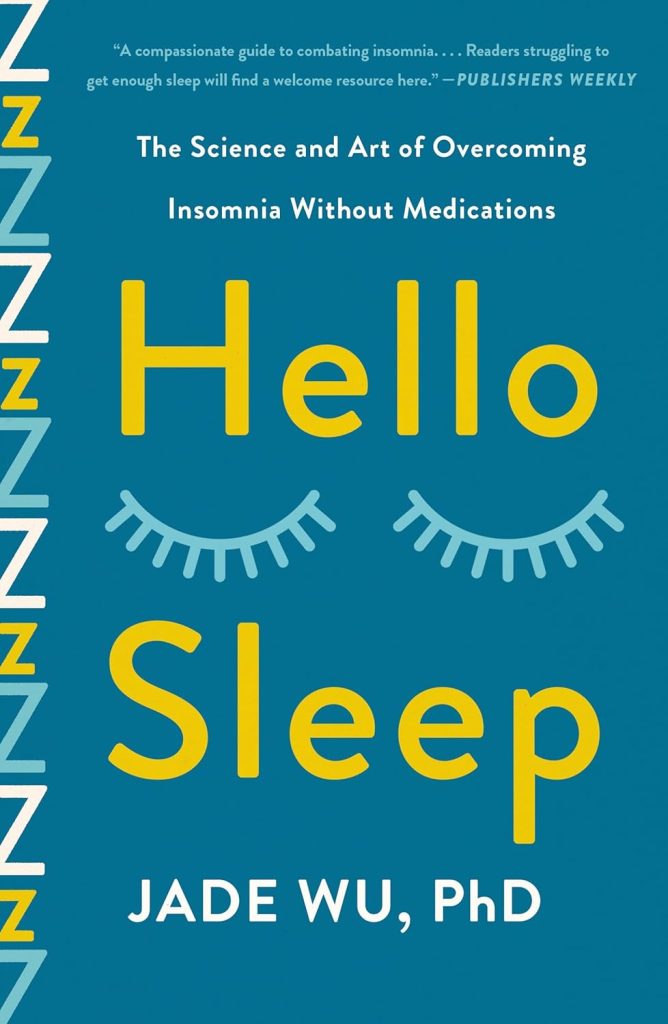
Insomnia is if you desperately wish to sleep however can’t go to sleep or keep asleep.
Essentially the most profitable therapy for insomnia is considerably paradoxical. As a substitute of making an attempt tougher to sleep extra (which causes you to emphasize out about sleeping, making it tougher to go to sleep), you do the alternative: restrict how a lot time you spend in mattress.
This forces you to construct up sleep drive, making it simpler to go to sleep. It additionally helps you situation the affiliation between your mattress and sleeping, as a substitute of your mattress and tv, social media or, worst of all, *making an attempt* to go to sleep.
One in every of Wu’s most shocking arguments was that those that undergo from insomnia aren’t, typically, sleep disadvantaged. They could have poor high quality or consistency of sleep. They could really feel drained and terrible. However they normally aren’t sleep disadvantaged—in any other case they’d naturally go to sleep.
It looks as if a part of insomnia is itself sustained by the anxiousness you might have over your individual sleeping patterns. Making an attempt too exhausting to sleep properly can get in the way in which of sleeping properly!
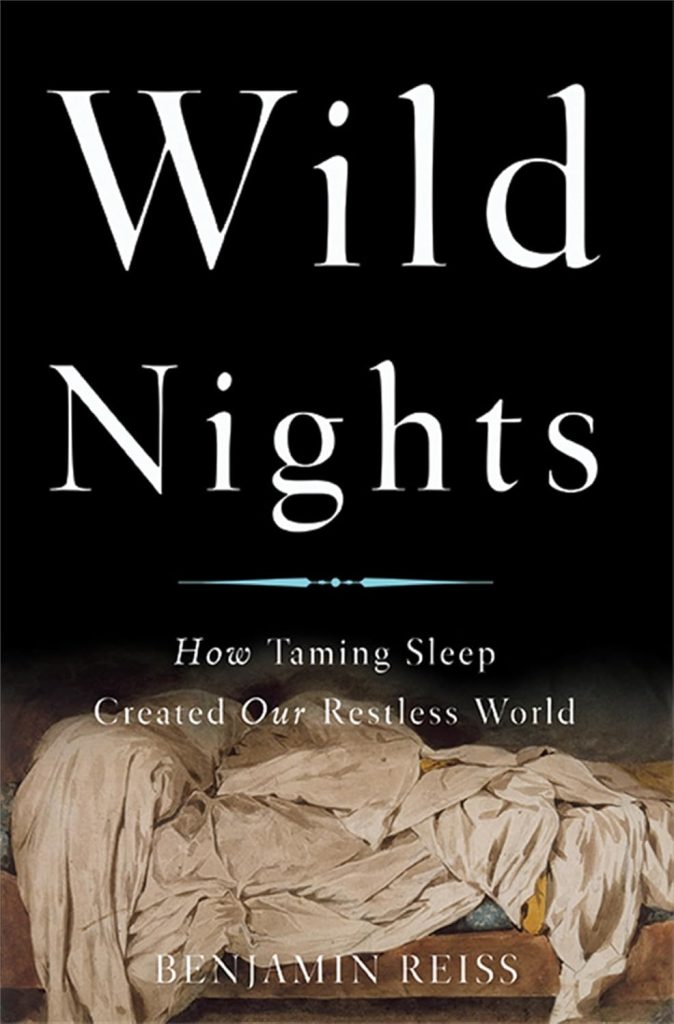
What’s the “correct” solution to sleep? If you happen to’re like me, I’m guessing you think about one thing like this: you flip off the lights, go right into a room alone or together with your important different, then you definitely go to sleep for eight hours straight, rising to an alarm clock. That is adopted by an uninterrupted sixteen hours of exercise earlier than you sleep once more.
Reiss factors out that this contemporary best of sleeping is definitely extremely bizarre when in comparison with how most human beings have historically slept.
Way more frequent was the sample of getting two sleeps: going to sleep for a number of hours, waking up for some quiet mid-night exercise, then going again for a second sleep. Naps, too, had been remarkably frequent cross-culturally. And traditionally, sleep was virtually by no means a non-public affair—entire households, together with visitors, sometimes slept collectively in the identical mattress.
Our trendy angst about sleep might be traced again to the invention of indoor lighting, which severed our sleep-wake cycle from the solar.
In his e book, Reiss explores extra of our sleep-related weirdness, from the parent-sleep-industrial complicated, to the deeply intertwined historical past of sleep and racism, and even the thesis that Walden was precipitated by Henry David Thoreau’s issue getting an excellent night time’s sleep.
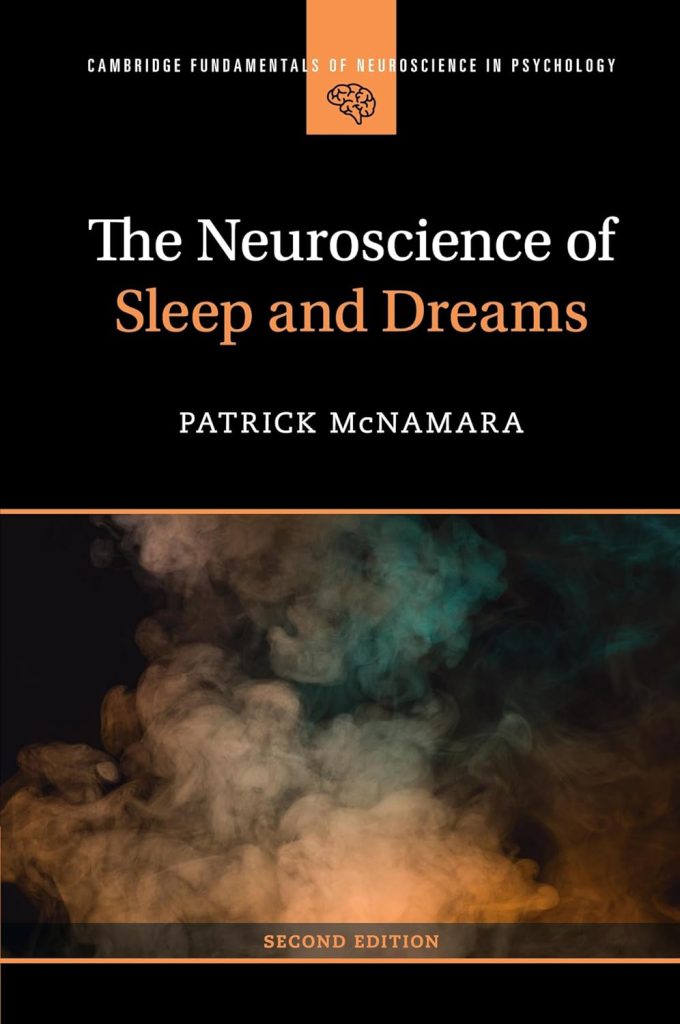
Why can we sleep? Science has a number of theories, however is way from a consensus over sleep’s main function.
This itself should be a tremendous reality. Evaluate sleep to diet. We’re removed from having achieved excellent data of dietary science, however there’s no controversy amongst consultants over why we eat.
Sleep is evolutionarily costly. It requires an animal to forego feeding, exploring or mating for hours at a time—all whereas placing itself able that makes it susceptible to predators. Regardless of that, just about all animals sleep. Dolphins sleep one half of their mind at a time so that they gained’t drown, and bears should rouse themselves from their hibernation as a way to enable their brains to sleep. Maybe the lack of awareness right here is disappointing. However in our trendy age the place all the pieces appears to have lengthy been found, theorized and defined, I discover it thrilling that such a fundamental query about human existence continues to be shrouded in thriller.
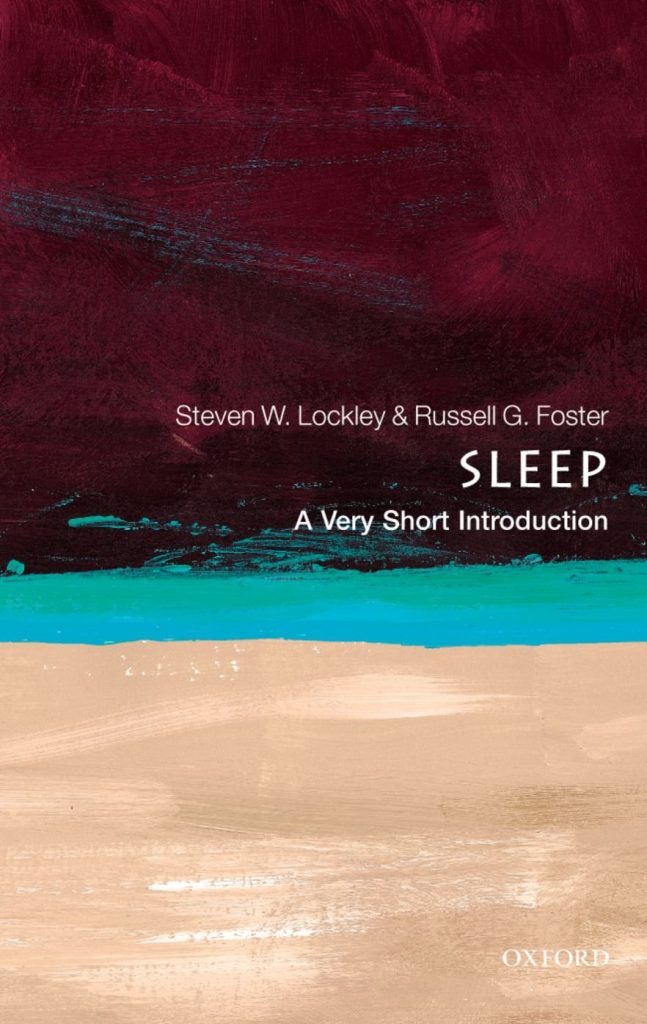
I discovered this to be an excellent common abstract of sleep science, from Course of S and Course of C to the 4 levels of sleeping and what we learn about their features.
Some of the fascinating tidbits on this e book involved the perfect follow for overcoming jet lag. The secret’s to fastidiously time brilliant mild publicity to nudge your inside clock within the desired path. Basically, night mild delays your clock and daytime mild advances it.
As an illustration, a traveller leaving New York at 7 a.m. and touchdown in London at 7 p.m. (native time) after a 7-hour flight is 5 hours “behind” the English time zone, i.e., his physique nonetheless thinks it’s 2 p.m. Mild publicity through the latter a part of the flight or when he lands in London, nonetheless, will work to delay his inside clock, which is reverse of the variation wanted. Subsequently, minimizing mild publicity within the latter hours of the flight and upon touchdown will hasten his adaptation to the brand new time zone.
Tragically, the need of sunshine publicity to entrain this every day rhythm signifies that most utterly blind individuals undergo from a desynchrony of their inside clock, flipping utterly out of section each month or so, as their suprachiasmatic nucleus doesn’t get the wanted pulse of sunshine to maintain it aligned with the Earth’s rotation.
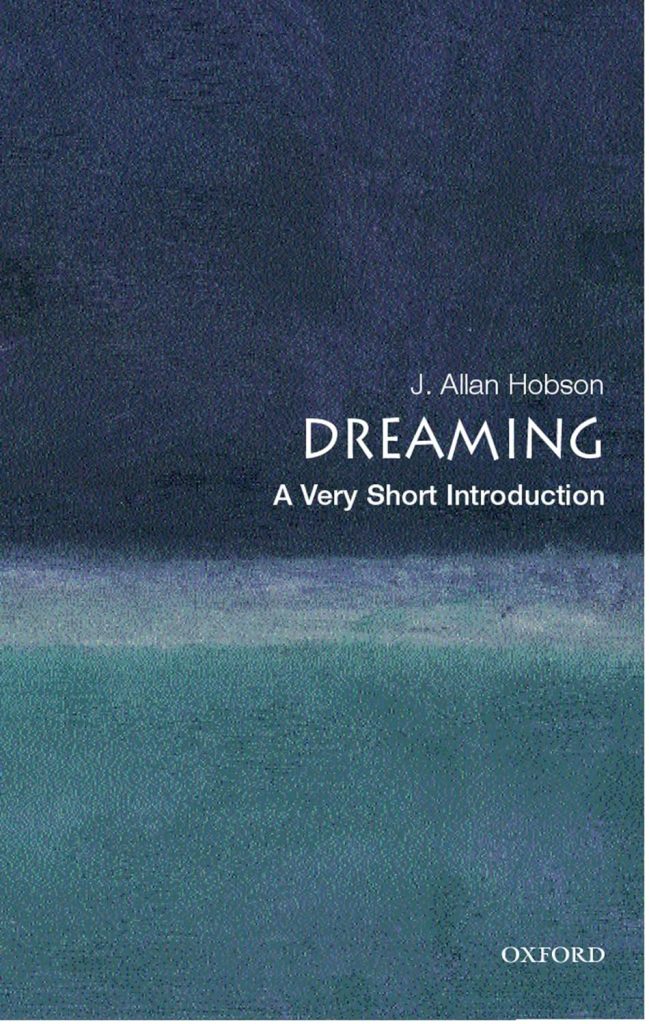
Dreaming is mysterious. Additionally it is poorly understood.
A few of that is most likely because of the issue of the topic. Goals are tough to recollect, management and interpret. Sleeping in a lab distorts the sorts of desires we’ve, and MRI machines are noisy, uncomfortable and costly, making the bread-and-butter neuroscientific approach used for finding out numerous different psychological phenomena tough to use.
However a few of our misunderstanding additionally appears to be a direct results of the pernicious affect of Sigmund Freud and his followers’ concepts about desires. For many years that they had a stranglehold on theories of dreaming, regardless of a lot of Freud’s tenets being immediately contradicted by knowledge.
Unbelievably, fast eye motion (REM) sleep wasn’t found till the Nineteen Fifties. Anybody who has watched somebody as they had been sleeping may have made such a discovery.
Hobson persuasively argues that the strangeness of dream content material has distracted us from dream kind. We give attention to the bizarre issues that occur in desires, trying to find explanations to their which means, relatively than documenting the way in which dream consciousness systematically differs from waking consciousness (extremely visible, poor self-awareness, and so forth.). Hobson then hyperlinks these formal options of desires to the mind programs which can be selectively activated or downregulated throughout dreaming, arguing that the precise content material in desires is basically meaningless.
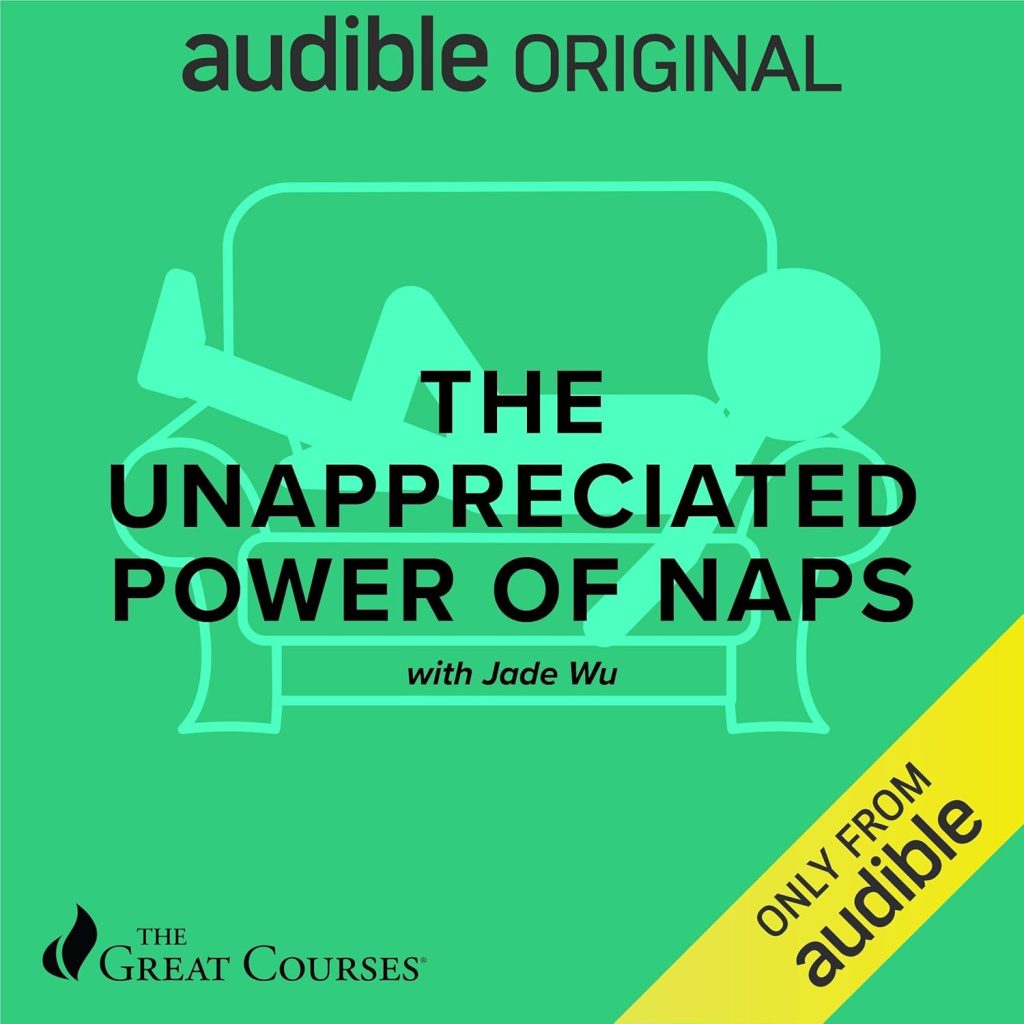
On this Audible-only lecture collection, Wu (additionally the creator of Hey Sleep) shares analysis surrounding the ability of naps.
Citing a spread of research, Wu paperwork that naps can enhance our psychological and bodily efficiency, suggesting that napping, lengthy taken as a part of cultural custom in locations akin to China and Spain, has been underrated in our trendy expectation of sixteen-hour wakefulness.
Nonetheless, napping could be a double-edged sword. Sleep too lengthy or too deeply and you’ll find your self too groggy afterward to operate successfully. Naps can even eat away at your sleep drive, making it exhausting to go to sleep at night time.
To nap successfully, subsequently, Wu argues that we must always observe the rule “fast and soiled, underneath thirty”: maintain naps lower than half an hour to stop coming into into gradual wave sleep. Wu additionally notes that naps work finest when performed persistently, on the identical schedule, like common sleep.
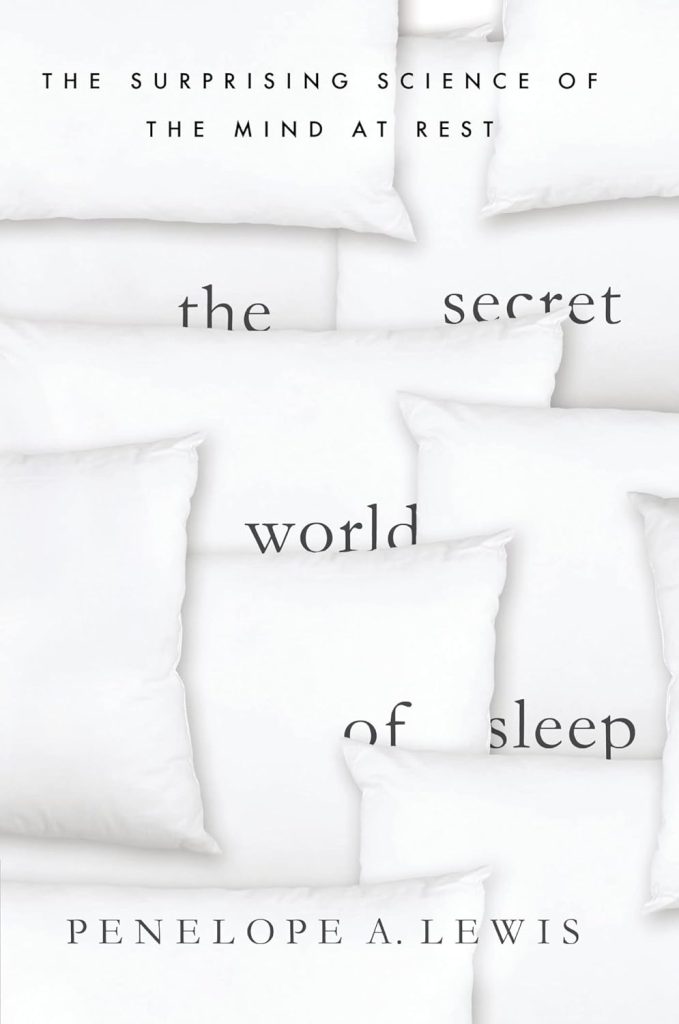
Whereas we nonetheless might not know the total function of sleep, it’s pretty clear that, in complicated organisms, studying is likely one of the main beneficiaries of an excellent night time’s relaxation.
Lewis, a neuroscientist, opinions the fundamentals of how studying works within the mind after which shares the science of how sleep works to consolidate, improve, prune and selectively delete recollections. She shares analysis displaying that sleep helps with reinforcing necessary data, strengthening expertise, abstracting away particulars and forming inventive associations.
She additionally pokes holes in Hobson’s idea that the contents of desires don’t matter, suggesting a number of potential roles for desires starting from dialing down the emotional content material of our recollections to managing our social lives.
8. Caffeinated by Murray Carpenter
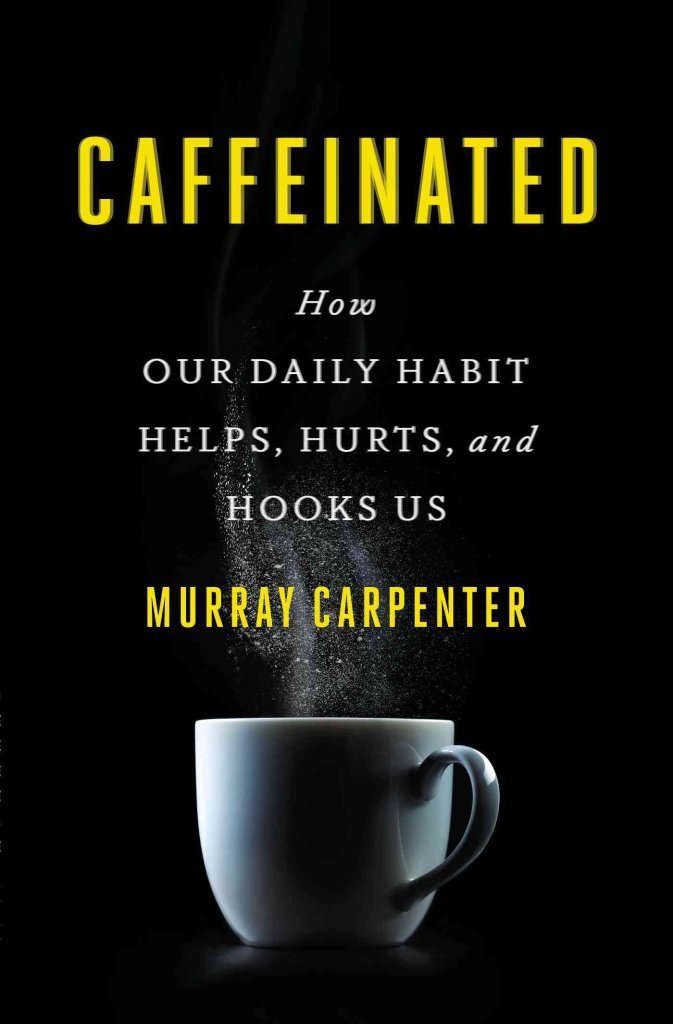
The flip aspect of our cultural denigration of getting adequate sleep is the elevation of the chemical that makes us suppose we don’t want it. Caffeine has lengthy been our society’s drug of alternative, with espresso, tea, and sodas enabling us to push by means of sleep deprivation.
As a drug, caffeine is tough to evaluate. On one hand, it has outstanding advantages for cognition and bodily efficiency, minimal side-effects and a comparatively excessive poisonous dose.
Then again, caffeine is a drug that has a physiological impact on the human physique. Moreover, it’s reinforcing, which suggests we’re inclined to maintain consuming extra of it.
Carpenter makes a provocative analogy between the liberal addition of caffeine to sugar-containing drinks and the addition of nicotine to cigarettes. The previous are implicated as a significant contributor to the weight problems epidemic, and it’s no coincidence that gentle drink corporations discover it helpful so as to add this mildly addictive substance to their merchandise.
On the similar time, caffeine is barely regulated, working its method into not simply the normal coffees and colas, however juice, dietary supplements and even chewing gum. We’re participating in a worldwide experiment with upping our caffeine consumption, and I believe Carpenter is correct to be at the very least barely alarmed on the potential downstream penalties.
_ _ _
That’s it for books this month. Subsequent week, I’ll put up some reflections on my private efforts to sleep higher this month!
Footnotes
- I learn Walker’s e book when it initially got here out. After studying it, it was delivered to my consideration that Why We Sleep is relatively sloppy with its presentation of the underlying science.
That is disappointing as a result of Walker himself is a severe researcher who has
performed helpful experimental work. However he apparently didn’t prioritize the identical
stage of rigor in speaking his work to a preferred viewers. Whereas I can not
assure the accuracy of the opposite books I learn on this month, the considerations
raised about Why We Sleep had been severe sufficient to disqualify it for a
re-read this month.




